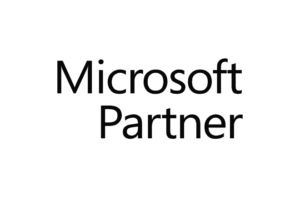10 ways IT Support has evolved recently
The IT support landscape for small businesses has been evolving rapidly, especially in the last decade. Here’s a look at some of the trends and shifts that have been happening in the realm of IT support for small businesses:
1. Cloud Computing: With the rise of cloud services like AWS, Azure, and Google Cloud, small businesses no longer need to invest heavily in on-premise infrastructure. This has reduced the need for extensive IT support teams and shifted the focus towards managing and optimising cloud services.
2. Managed IT Services: Many small businesses opt for managed IT services, where third-party providers offer IT support and services on a subscription basis. This allows businesses access to top-tier IT support without the costs associated with an in-house team.
3. Remote Support: With improvements in remote access tools, IT support can often diagnose and fix issues without being physically present at the business location. This has made support more efficient and reduced downtimes.
4. Cybersecurity Focus: With the increasing number of cyber threats, even small businesses are at risk. As a result, there’s a greater emphasis on cybersecurity within IT support.
5. Specialized IT Support: As technology diversifies, so does the need for specialised support in areas such as IoT, machine learning, or blockchain. Small businesses looking to leverage these technologies might seek specialised IT support providers.
6. Flexibility and Scalability: Small businesses need IT support solutions that can grow with them. Solutions that can scale up or down based on the company’s needs are becoming more popular.
7. Integrated Solutions: As businesses use a myriad of software and platforms, IT support is focusing on offering integrated solutions that ensure all these tools work seamlessly together.
8. Continuous Training: The rapid evolution of technology means that IT support teams must be on a continuous learning curve. There’s a stronger emphasis on regular training and certifications.
9. Emphasis on Proactivity: Modern IT support is about being proactive instead of just being reactive. This means regularly monitoring systems, predicting potential issues, and taking preventive action before problems arise.
10. Shift Towards Value: Small businesses are increasingly looking at IT as a support function and a strategic partner that can add value to the business. This might mean IT support teams are involved in business strategy discussions, helping identify tech solutions that can drive growth.
As the business environment continues to change and technology continues to evolve, IT support for small businesses will need to stay agile and adaptive. The goal is not just to fix problems but to enable small businesses to leverage technology effectively for growth and competitive advantage.
